"Surrogate models, methods, and applications: Learning high-fidelity gravitational-wave models from numerical relativity data"Scott Field , University of Massachusetts [Host: Alexander Grant]
ABSTRACT:
Recently there has been significant interest in building data-driven gravitational-wave models directly from numerically generated data. These surrogate (or reduced-order) models can faithfully reproduce a parameterized gravitational wave model specified through computationally expensive ordinary or partial differential equations with significant speedups. Surrogates can be used, for example, to accelerate the generation of effective one-body or numerical relativity (NR) waveform models, thereby reducing the overall runtime of a multi-query data analysis study. In this talk, I will summarize the key algorithms and approaches toward building surrogate models as well as survey recent models that cover more of the binary black hole parameter space, including precession, eccentricity, and large- to extreme-mass ratio systems. For surrogates to be useful, it is necessary that they be publicly available, easy-to-use, and decoupled from the building codes which produce them. In this talk, I will also describe a lightweight open-source code, GWSurrogate, which addresses this issue and enables surrogate models to be used in gravitational-wave data analysis studies. Some preliminary results for re-analyzing GWTC-3 will also be shown. |
Gravity Seminar Monday, November 7, 2022 1:30 PM Physics, Room 313 |
To add a speaker, send an email to phys-speakers@Virginia.EDU. Please include the seminar type (e.g. Gravity Seminars), date, name of the speaker, title of talk, and an abstract (if available).
 Physics at Virginia
Physics at Virginia